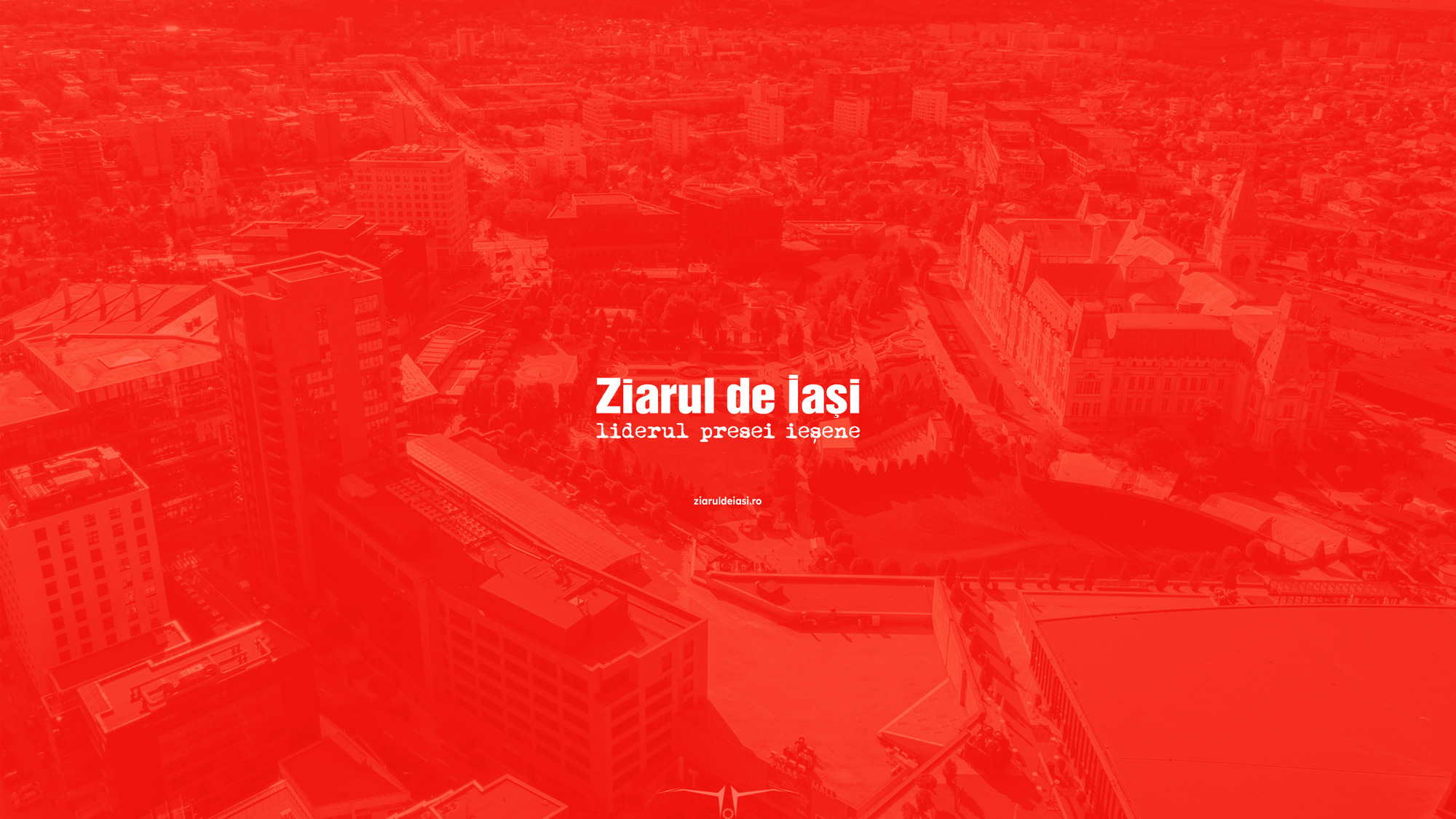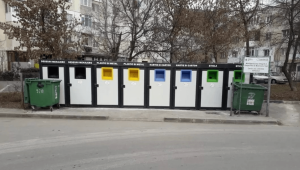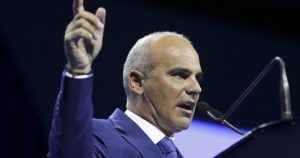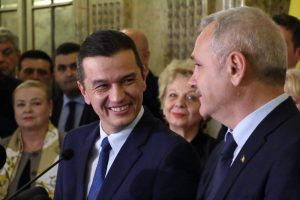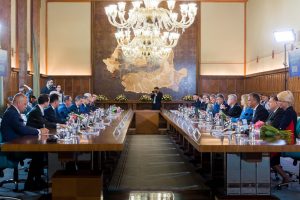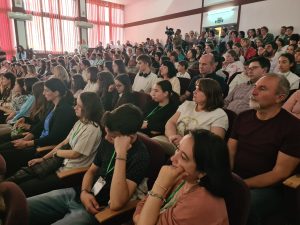
The media and most of the political analysts have been speaking about the existence of a conflict between Premier Adrian Nastase and president Ion Iliescu for months. As a matter of fact, in a less or more explicit way, the disjunction between the two politicians has lasted for a longer period of time; according to a generalized vision, PDSR (Social Democracy Party) includes a conservative faction, whose leader is Ion Iliescu and a faction of reformers, led by Adrian Nastase.
Each time they were asked about these problems, both politicians rejected these "allegations", saying that they were just speculations. However, these declarations persuaded nobody, and many people appreciated that they were the expression of a superficial political game. This opinion was confirmed by the fact that the Grecea and Priboi cases and the discussions related to the creation of a community of intelligence services had underlined the obviously divergent positions of the two politicians.
The attentive observers could also notice the media competition between Iliescu and Nastase, which seemed to be amusing up to a certain point; both of them tried to participate in all kinds of events and reunions, even if the simultaneous presence of the president and prime-minister was not necessary. It is also true that the tone characterizing such disputes has always been very reserved, due to a lasting political practice. Such details mark a major difference existing between the present and the former governing coalition; the latter was continuously undermined by impulsive declarations which ruined its credibility. This is a different manner of exercising power. Despite some conflicts and the tough internal competition existing within PDSR, those who see these things from outside perceive just some reverberations. But when such things become manifest, it means that tension has substantially increased. Such a thing happened last week, when everybody discussed about the community of the intelligence services.
But how are things at present? Even if Ioan Talpes, the presidential councellor responsible for matters of national security, had to give up the intention of taking over the control over all the intelligence services in Romania, the president is the one who had the final say. Ristea Priboi’s honorific resignation from the position of chief of the parliamentary commission controlling SIE (External Intelligence Service) was a move imposed by an upper level. This indicated that the Premier had failed to support Priboi, who was not accepted by a large part of the society. But which is the significance and what are the consequences of the victory of the Iliescu group, after Ristea Priboi’s resignation? Theoretically, the position of head of a parliamentary commission does not offer levers rendering possible an intervention within the secret services.
However, when we analyze this process, we should envisage the entire context. As Ristea Priboi was a former SIE member, he knew this system very well and could offer support and protection to the people who were very close to him; thus, he could have maintained a distance between this service and the Cotroceni officials. Beyond this opportunity, Nastase’s image suffered a severe damage within the Romanian intelligence structures, whose most members are former Securitate employees. The Premier’s supporters, who used to perceive Ion Iliescu as a "consumed" politician, have been forced to accept the president’s victory, which is the expression of an extraordinary capacity of manipulating the political game "behind the curtain". In such cases, the perception represents a decisive factor; once lost, credibility is very difficult to regain.
The Premier’s enemies from PDSR, including Ioan Mircea Pascu, the minister of National Defense, scored an important point.
And the members of the secret services who were ready to accept a more emphasized subordination to the Prime-Minister might have already stepped back by now. The fact that the main explicit disputes between Cotroceni and the Victoria Palace took place on the secret services’ ground can be considered symptomatic. It is a battle which was not focused on different visions on the strategy of economic development or the institutional construction, but on the control over the power structures existing in Romania.
(Alexandru LAZESCU)

